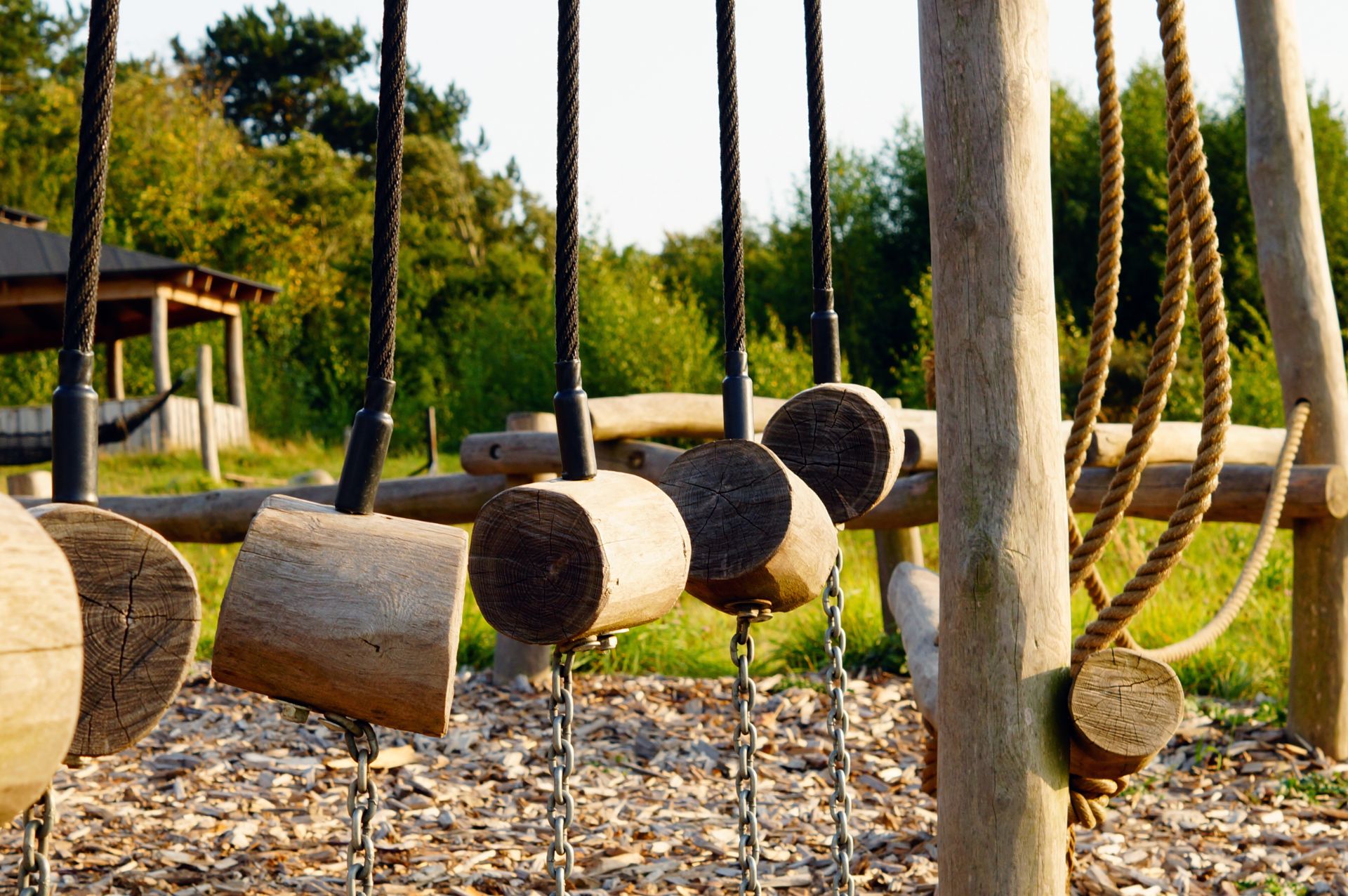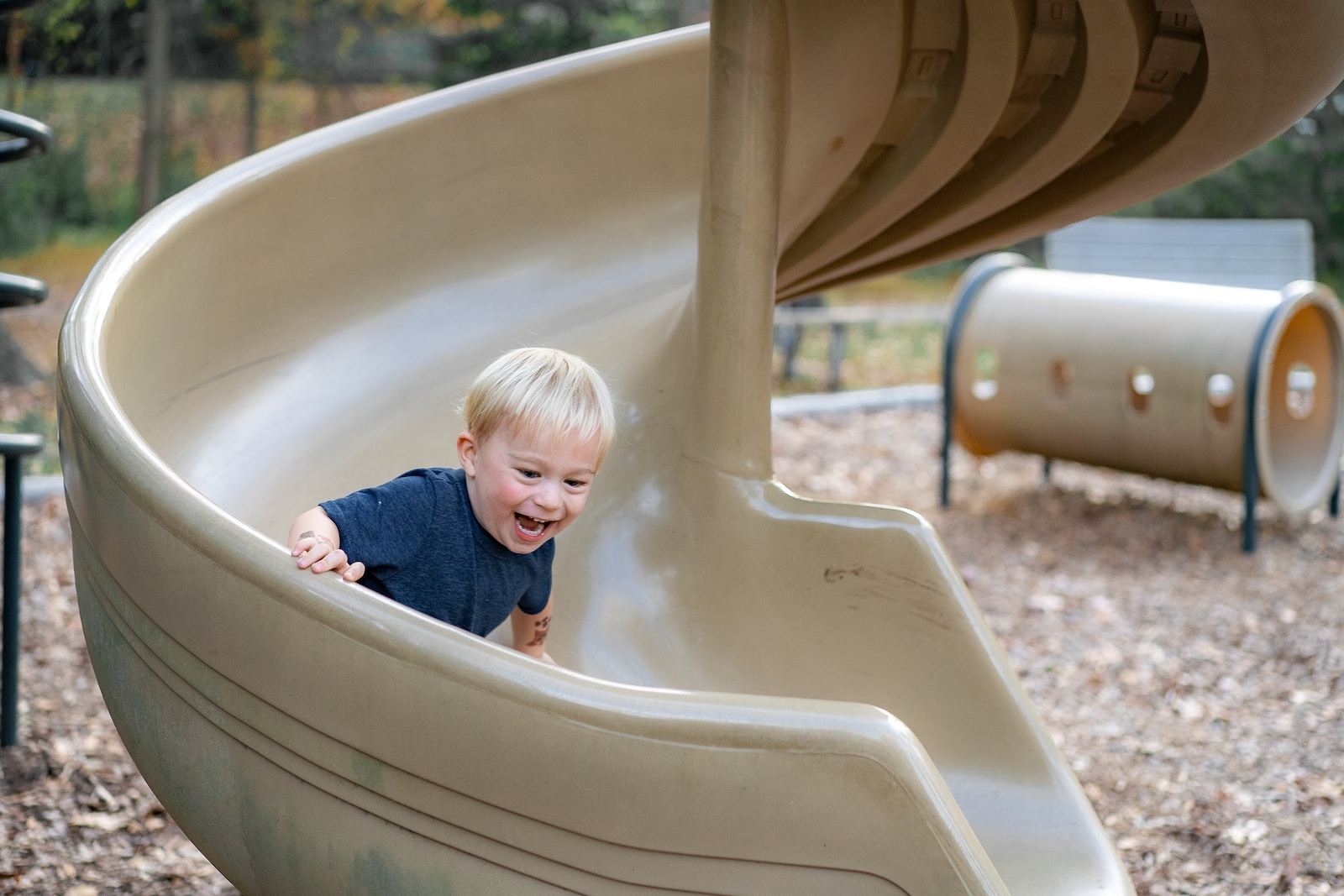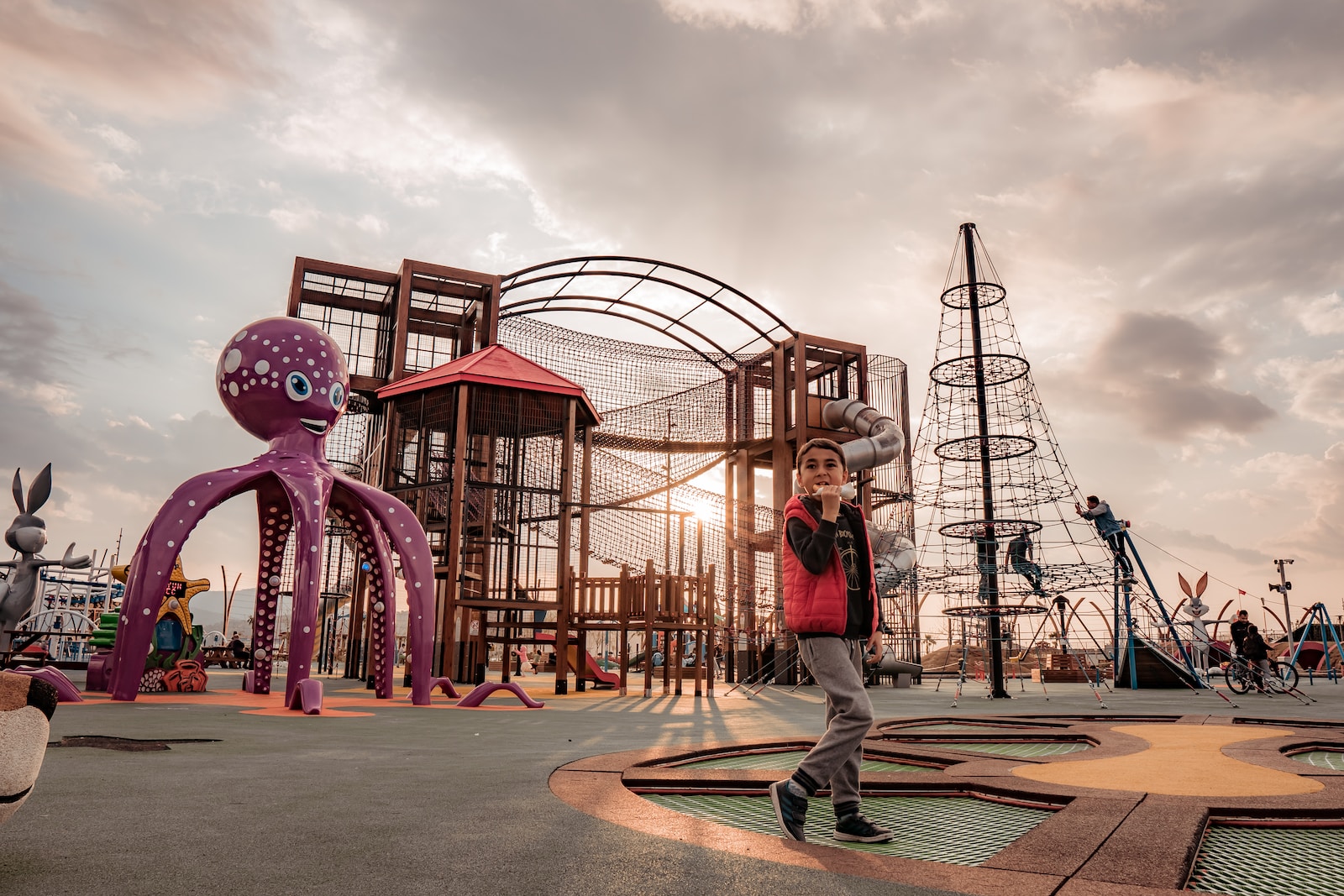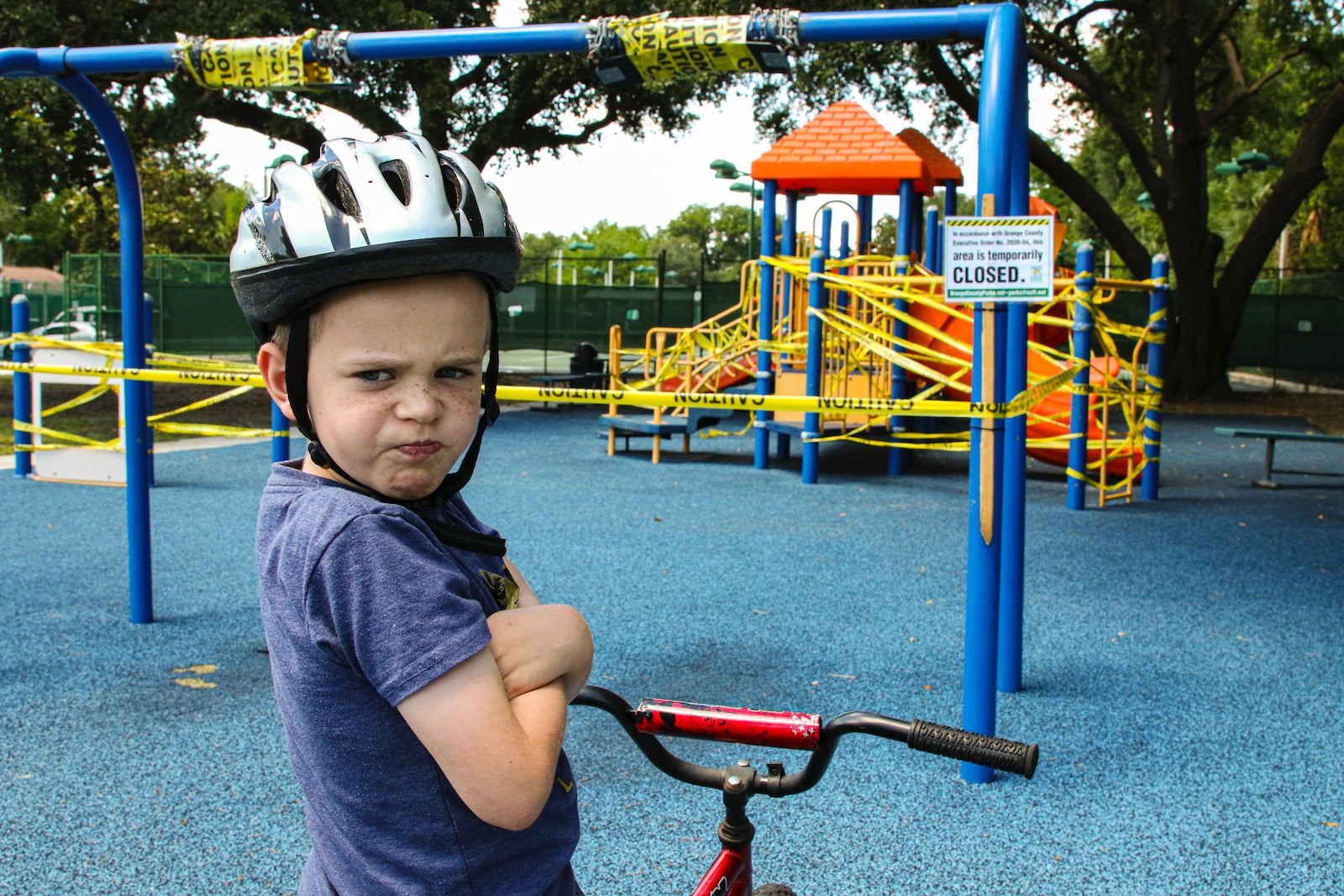Abstract
Environmental characteristics of kindergartens are important for the development of kindergarten-aged children. However, knowledge of the role of kindergarten play environments in developing children’s fundamental movement skills is limited. A pilot study was carried out to compare the fundamental movement skills of 3.5- to 5-year-old children in two kindergarten groups. One group had access to a traditional playground, an indoor room for active play, and had weekly trips. The other group had access to a nature-based playground. Fundamental movement skills were measured using the short form of the Bruininks-Oseretsky Test of Motor Proficiency, second edition test. In total, 28 children participated—11 children attended the kindergarten group with the traditional playground, and 17 children attended the kindergarten group with the nature-based playground. The total test score was 14.64 for children with access to a traditional playground and 16.71 for children with access to a nature-based playground. However, no statistically significant difference between the groups in total test score and the individual tests was found. It might be that space and diversity of features are more important than exposure to nature. In future research, more robust longitudinal studies with larger samples are required to investigate different kindergarten playground designs and environmental features related to motor skill development.
Journal: Journal of Motor Learning and Development
Year: 2024



